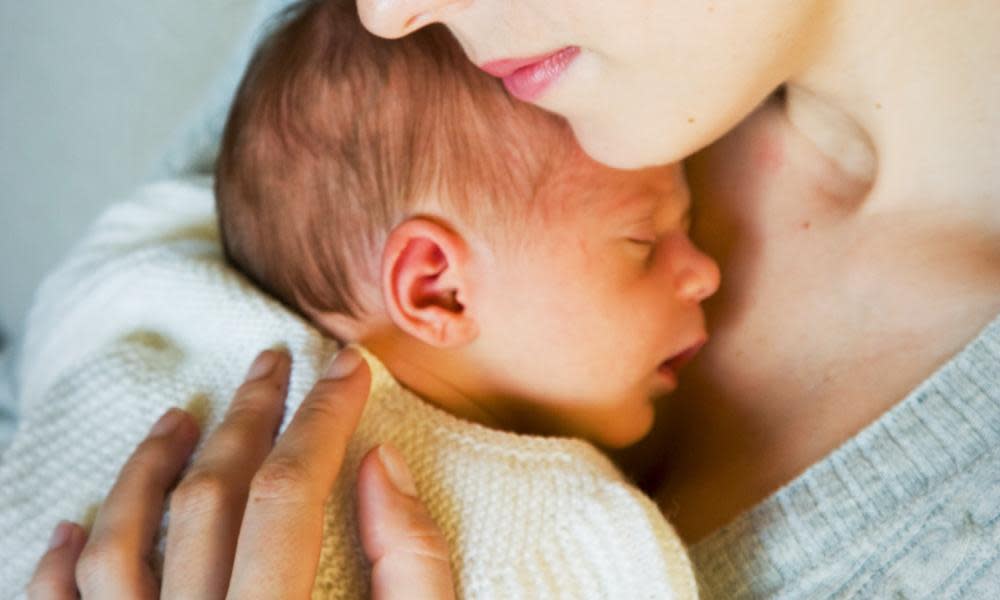Unexplained baby deaths rise for first time in three years

The number of babies dying from unexplained causes in England and Wales has risen for the first time in three years, data shows.
Figures from the Office for National Statistics (ONS) show there were 219 deaths caused by sudden infant death syndrome (Sids) or without a known cause in 2016. This was up from 195 the previous year and the highest number since 2013, when there were 252 deaths.
The numbers have been described as deeply concerning by the Lullaby Trust charity, which raises awareness of Sids.
Despite the annual rise, there was an overall drop in the number of unexplained infant deaths in the decade to 2016, with the number falling 23.2%.
The figures include deaths of children under one from Sids and when no medical cause can be recorded. Sids is the sudden, unexpected and unexplained death of an otherwise seemingly healthy baby. The exact cause of it is unknown but maternal smoking during pregnancy, exposure to tobacco smoke, overheating and an unsafe sleeping environment are believed to be possible triggers.
Francine Bates, the chief executive of the Lullaby Trust, said: “We are deeply concerned by the increased Sids rate in England and Wales. The previous downward trend ... has been largely attributed to increased awareness of safer sleep advice so it is essential that this remains a top priority for local authorities and all professionals working with families.”
The highest unexplained infant mortality rates were in the West Midlands, Yorkshire and the Humber and north-west of England, where there were 0.45 deaths for every 1,000 live births. The largest increase was in the West Midlands, where rates rose by 21.6% between 2015 and 2016.
The rates of sudden death are highest in the most deprived areas, Bates said, adding that there was concern that pressures on local authorities’ public health budgets and the increasing number of families being pushed into poverty would lead to slower progress or even further increases in the number of deaths.
“We urge local authorities to ensure there is adequate funding for health visitors and early years staff who provide crucial safer sleep advice to families with new babies,” Bates said.
About half (51.6%) of sudden infant deaths in 2016 were among boys, down from 66.7% the previous year. Girls accounted for 48.4%, up from 33.3% in 2015.
Vasita Patel from the ONS said: “While unexplained infant deaths increased in 2016 for the first time in three years the total remains low in historical terms. The increase was driven by a rise in unascertained deaths among infant girls.
“However, due to the low numbers involved the overall increase in unexplained infant deaths is not statistically significant.”

 Yahoo News
Yahoo News 
